Guide To Servicing Of Fire Extinguishers

- Fire extinguishers save lives, but only if they’re ready.
- Regular checks, certified servicing, smart placement, and proper records can keep them functional, compliant, and ready for use.
- Servicing can help ensure peace of mind, protect assets, and save valuable lives.
- Don’t wait—make sure your extinguishers are always functional and ready to protect.
Fire extinguishers are everywhere—you’re probably not even too far from one. They are the primary equipment that helps us mitigate fires in their initial stages, much before the local fire department can arrive at the location. When a small fire occurs, they are used as the first step, helping slow down the spread and the impact of its damage.
Purchasing a fire extinguisher and installing a fire extinguisher on your property is just the first step. You need timely fire extinguisher services, such as inspections, testing, and proper maintenance procedures, to ensure that your fire extinguisher is always adequately functional and operable.
You have come to the right place if you are looking for information on the servicing of fire extinguishers, whether they need an annual inspection or monthly servicing. We will provide you with all the necessary details before servicing them.
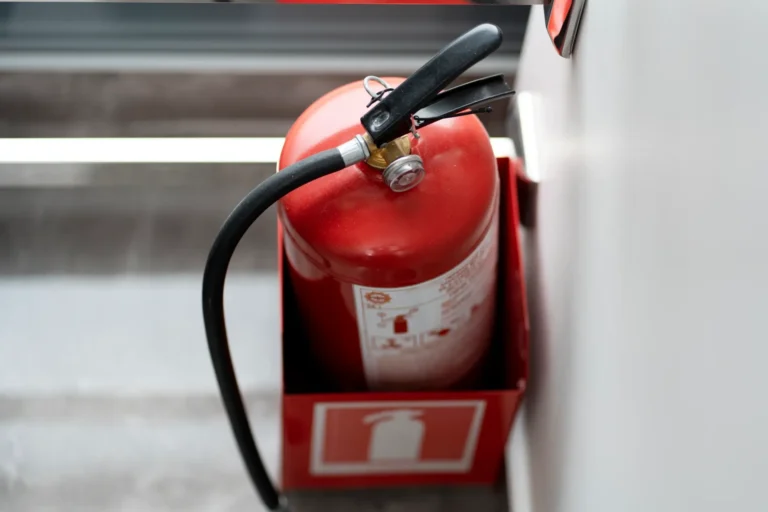
Make inspections easy—use our templates to spot risks, act fast, and get the job done right!

How Often Should You Conduct Fire Extinguisher Inspections
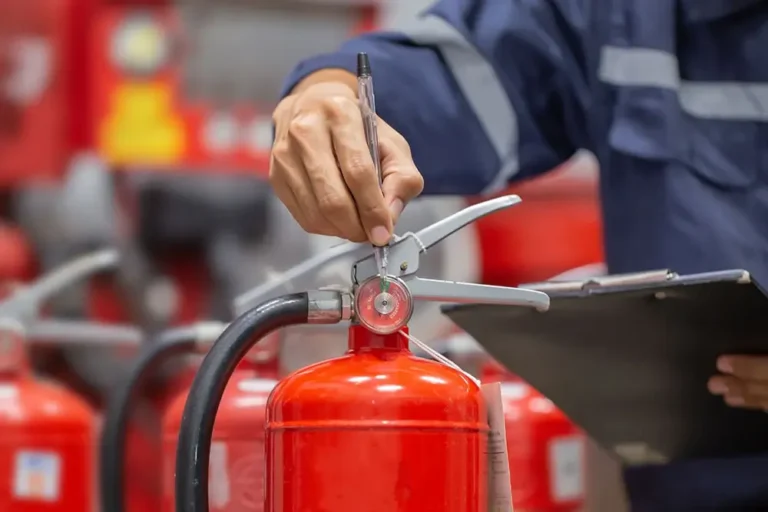
According to the National Fire Protection Association (NFPA), most fire extinguishers require monthly visual inspections to ensure they are operable and functional. These monthly checks are important as they help check extinguisher components, such as low-pressure cylinders, if the pressure gauge indicates toward the green zone, passes hydrostatic testing, or has any visible signs of tampering.
Even though these are thorough examinations, the timeline for fire extinguisher inspections majorly depends on its usage and the type of fire extinguisher it is. Inspections and fire extinguisher service can reveal if the particular fire extinguisher is appropriate for the property you are in and the kind of possible fire emergency that can take place in that particular setting. Crowded areas can showcase increased risks of fire, which causes the fire extinguishers to go through more frequent servicing processes.
To understand the timeline of your fire extinguisher inspections, identify the kind of fire extinguisher you have installed.

Ready for a safety check? Fill out the form and ensure your fire extinguisher is ready when you need it!
Types Of Fire Extinguishers
Different fire extinguishers have different inspection and servicing needs. For instance, stored pressure fire extinguishers (as per NFPA 10) need to be serviced and recharged every 6 years by a certified professional or fire extinguisher service provider. Let’s understand the different types of fire extinguishers and their servicing timeline.

As shown in the above chart, almost all fire extinguishers require a monthly inspection, followed by yearly and separate hydrostatic testing.
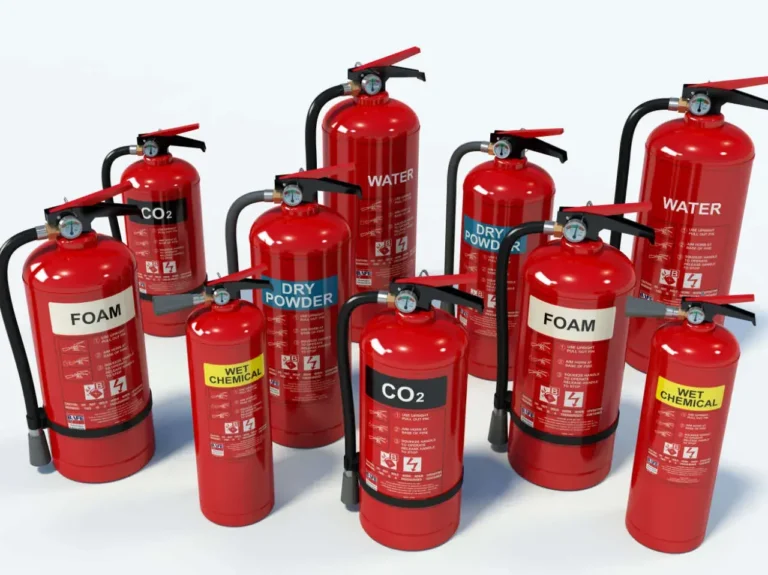
Who Can Inspect Fire Extinguishers?
As mentioned earlier, NFPA mandates the internal examination of fire extinguishers by a certified fire extinguisher service provider. For different testing needs, like monthly and annual inspections, the requirements for inspection personnel can differ. Here’s a chart that makes it easy to understand:
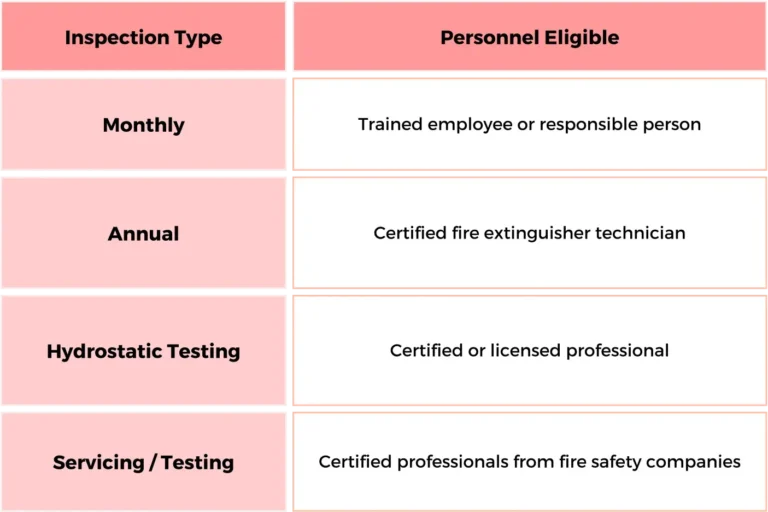
Certifications Required To Inspect Fire Extinguishers
There are various organizations that provide certifications, showcasing that the individual is qualified enough to conduct a particular service.
To inspect fire extinguishers, technicians are trained under guidelines and certifications provided by eminent fire protection organizations or authorities having jurisdiction (AHJ). Primary organizations among them include:
- National Fire Protection Association (NFPA)
- Occupational Safety and Health Administration (OSHA)
- Local fire safety authorities or fire departments
- Manufacturer-specific training programs
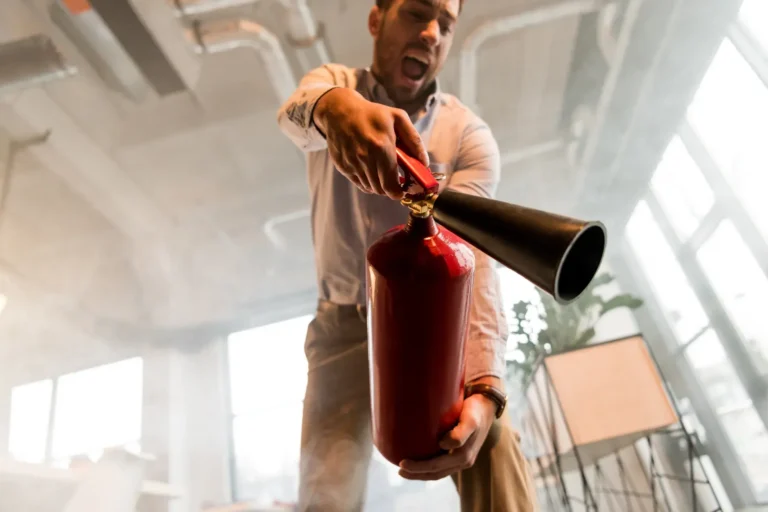
NFPA 10 Fire Extinguisher Requirements and Placement
When purchasing a new fire extinguisher, you might want to know the right requirements by NFPA to stay compliant and ensure maximum fire safety.
Inspection Requirements
The fire extinguisher should be positioned in the designated place.
The extinguisher’s body should be visible, along with the emergency signs that indicate where the equipment is.
The fire extinguisher should be easily accessible.
The pressure gauge should be in a position where it is easily operable.
The fire extinguisher should be at full capacity, which can be checked easily by lifting the equipment.
Inspection Frequency Best Practises
After installation, there should be a prompt inspection.
Followed by a monthly inspection
The frequency of the fire extinguisher depends on its location, especially if it is placed in an area prone to rust, damage, or tampering.
Recordkeeping Measures
Attach visible, clear, and comprehensive inspection tags
Keep all inspections, testing, and maintenance results documented for future use or pattern analysis.

Make sure your fire extinguisher is ready when you need it—download the checklist now and stay safe
Servicing Of Fire Extinguisher Cost
The default cost of fire extinguisher servicing could range anywhere from $25 to $50.
Basic inspection costs can range between $15 to $30. Depending on its use and volume, the price can go a lot higher.
If it’s for business, depending on its size and urgency, it can cost between $50 and $100.
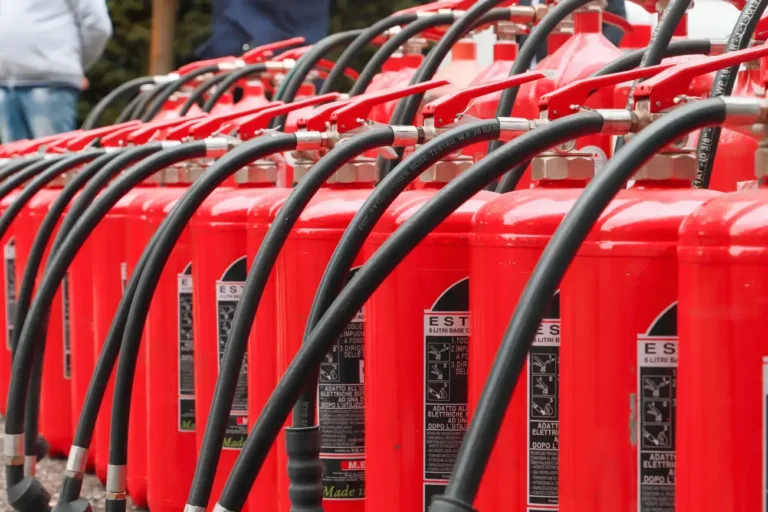
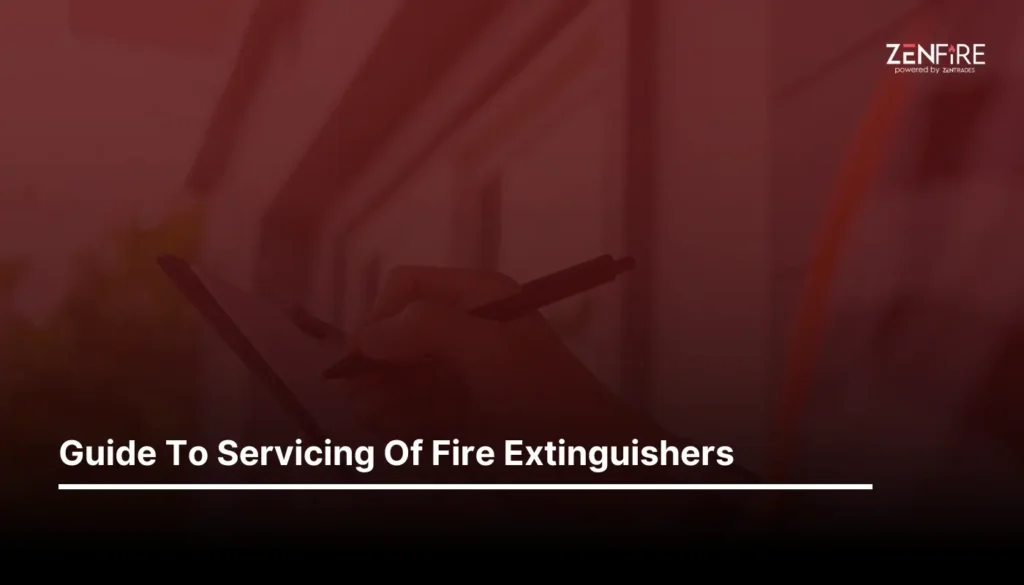
To Your Inbox!
Related Reading
Why Your Field Software Management Software Needs QuickBooks Integration
ZenTrades Why Your Field Service Management Software Needs QuickBooks Integration Read More Request Demo...
Read MoreZenTrades How To Manage Electrical Service Agreements Like...
Read MoreZenTrades The Best 5 Jobber Alternatives In 2023...
Read More

